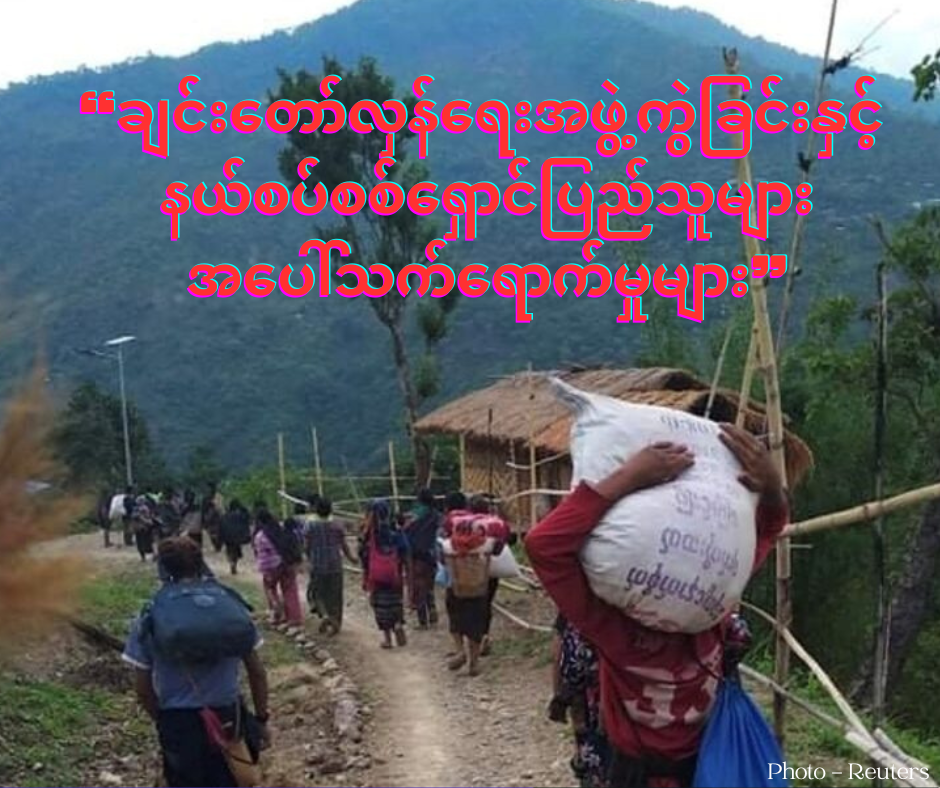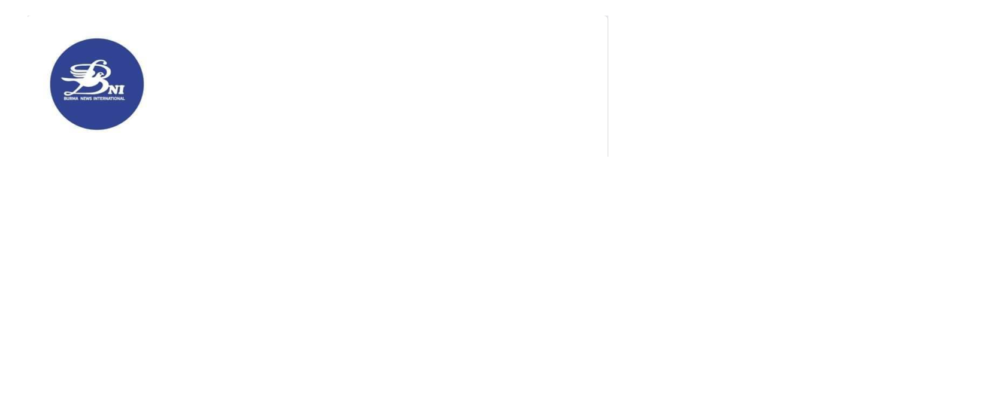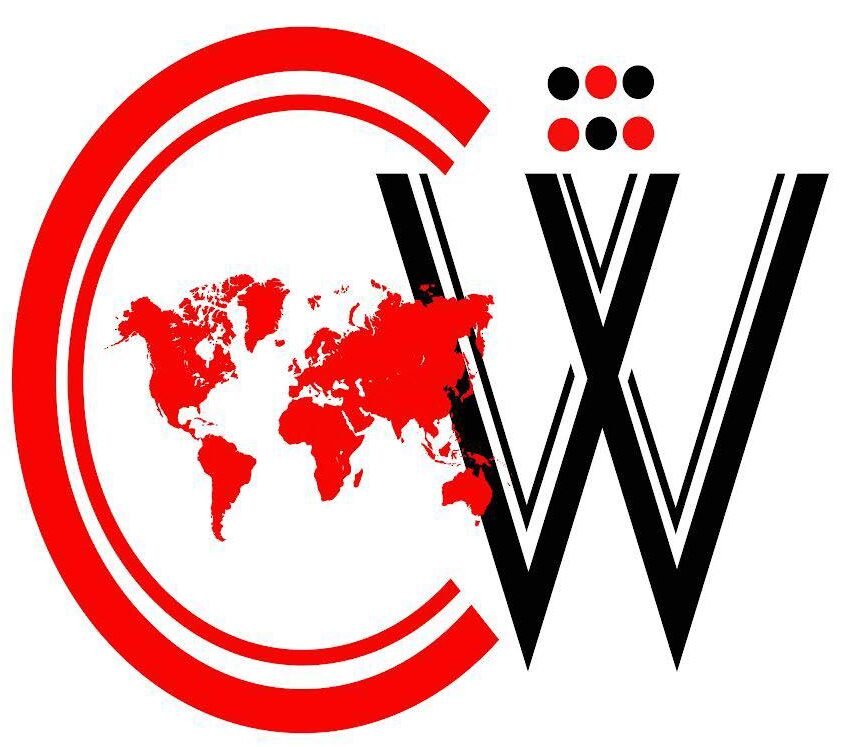

Chin World
The split within the Chin revolutionary movement has led to severe consequences for internally displaced persons (IDPs) and refugees along the border, particularly affecting humanitarian aid distribution.
U Zeya, a leader at the Laungtlai Internally Displaced Persons (IDP) camp, articulated the challenging situation faced by refugees: “Before the split between the ICNCC (Interim Chin National Consultative Council) and the Chinland Council (CC), the situation was stable. We regularly received both educational and humanitarian aid from organizations. Since the split, however, the aid has completely stopped.”
Following the fracture of the two Chin revolutionary groups, the availability of aid has become polarized. While camps supporting the Chinland Council might still receive assistance, those perceived as being affiliated with the Chin Brotherhood (CB) now often receive no support at all. This deepening division has intensified the crisis for the refugee camps since 2024.
A study conducted by Exile Hub, a research organization focusing on the support situation for refugees displaced to the Indian side, points out that the provision of aid has become increasingly politicized.
Politicization of Aid and Division
The report indicates that the displaced community—including both refugees and IDPs—are increasingly being categorized based on their birthplace within Chin State, which in turn suggests proximity or affiliation with either the Chin Brotherhood or the Chinland Council. This alignment is often shaped by ethnic ties, historical allegiances, and political leanings, which community members use to form their immediate survival strategies. As a result, the aid distribution process itself has become highly politicized.
This politicization has led to a two-tiered aid system on the ground. U Zeya specifically
mentioned that those identified as being affiliated with the ICNCC and the Chin Brotherhood are experiencing a complete cessation of aid.
Impediments to Repatriation
The difficulties in securing aid have prompted some displaced persons to consider returning to areas that the military council (Junta) no longer controls. However, this desire is being thwarted by conflicts between the rival Chin revolutionary groups themselves. A middle-school CDM (Civil Disobedience Movement) teacher from Matupi stated:
“My whole family, including my two children, had to flee here. The combination of the language barrier, the loss of aid, and the issue of my children’s education has made earning a living difficult. I promised my wife and children that we would return by the end of this year. But now, even though the SAC (Junta) isn’t in Matupi, the internal conflicts mean we can’t go back. I’m quite stressed seeing my wife and children because the situation of having to flee again after going back is not an easy thing to face.”
This teacher, who previously volunteered to teach the children in the border camps, is now working in a stone quarry for his family’s survival because of the lack of a regular salary.
U Zeya further detailed the dire humanitarian situation, noting that their Laungtlai camp, with a population of approximately 400 people, received only a single 30kg bag of rice over four months. Furthermore, due to the split and its repercussions, around 100 students from camps perceived as close to the Chin Brotherhood have been denied enrollment in schools established by the Chinland Council.
Human Rights, Health, and Educational Crises
The access to humanitarian aid is now heavily dependent on the power dynamics and influence of the various armed groups, who often set their own criteria for who receives support. Domestic humanitarian organizations must now operate with extreme caution within this complex and restrictive environment.
The suspicion that local communities may be directly or indirectly affiliated with one political or armed group or another has led to organizations being denied access to these areas. This also hinders the delivery of aid and the assessment of relief program effectiveness. The Exile Hub study indicates that this increasing factionalism not only interferes with the work of frontline aid workers but also creates a vicious cycle of marginalization for politically ostracized communities.
Mizoram State government data suggests that approximately 35,000 people have sought refuge in Mizoram from the Myanmar side. Displaced persons report that funding from the Indian government and international NGOs has decreased significantly since the beginning of this year. The suspension of USAID funding in January 2025 further intensified the crisis, leading to a general reduction in aid and a focus on only the most essential services.
U Soe Lin, a leader at the Canaan refugee camp on the India-Myanmar border, said: “Foreign aid is not coming very often now, only occasionally. The remaining bags of rice are from the Indian government, but this is the last of it. We received some from Zoram Entu Pawl (ZEP) before, but it wasn’t enough.”
The financial constraints, scarcity of services, and unequal aid distribution are also severely limiting healthcare access for the displaced persons in Mizoram. Most refugee families struggle with daily sustenance and cannot afford even basic healthcare due to the high costs along the India-Myanmar border.
Some refugees expressed constant fear of bias, discrimination, and neglect in medical treatment based on their political ties. As a result, some camp residents are reportedly avoiding local clinics run by CDM doctors affiliated with the Chinland Council.
Medical care for the wounded, especially those arriving from conflict zones, remains a critical and life-saving necessity. Civil society organizations play a vital role in coordinating care for these and other long-term patients. While some receive initial emergency treatment from organizations like Doctors Without Borders/Médecins Sans Frontières (MSF), those requiring more complex care are referred to hospitals in Aizawl and elsewhere in Mizoram.
For highly specialized treatments unavailable in Mizoram, patients must be transferred to cities like Kolkata and New Delhi. This cross-border referral process is complicated by the need for legal documentation, creating significant difficulties for many undocumented refugees.
U Soe Lin confirmed the reduction in essential services: “In 2022 and 2023, MSF provided free medical treatment for everyone in the camp. But they are not providing it anymore now.”
The Exile Hub report highlights that the loss of USAID support has resulted in a degradation of existing services, particularly impacting women, the elderly, and those with chronic diseases who no longer receive adequate medical care.
The Impact on CDM Workers and Education
A CDM doctor from the Medical Network – Chin stressed the unsustainability of the current aid model: “We have no resources, and everything is run purely on donations. So, how long can we keep going? The people are exhausted. We have spent so much to fight the military council. Now, this is impacting everything from individual family kitchens to education and health services.”
While CDM health workers continue to provide services on the ground, the internal split among the Chin revolutionary groups, compounded by aid shortages, is a major obstacle to providing consistent care.
A CDM doctor from the Chin Health Organization commented on the internal conflict’s effect: “We are CDM workers contributing in our own way. Now that there is this internal rift, it is affecting the healthcare we provide on the ground. We know that this split is detrimental, but we are simply trying to withstand it and continue our work.”
On July 14th, the CDM Medical Network – Chin issued a statement appealing to the Chin
revolutionary groups to avoid obstructing health, education, and public services during their operations. The statement urged the groups to refrain from armed, violent internal conflict and to resolve disputes through dialogue at the negotiation table.
One CDM doctor condemned the infighting: “We gave up our positions to join this movement against the dictatorship, so this infighting is completely unacceptable. At this time, while the common enemy has not been driven out of the entire state, establishing and controlling ‘our territory’ versus ‘their territory’ is a huge hindrance to public services. Regardless of affiliation, the basic needs of the villagers are the same. This obstruction of aid delivery, even in basic needs, should not be happening.”
Refugee-led schools are also struggling with insufficient funding and rely solely on volunteers. Teachers are often dependent on a meager honorarium of around 200–300 Indian Rupees. A CDM health worker noted that in 2022, 33 refugee schools were established in Mizoram with 600 CDM teachers providing education to about 4,000 students. However, most have been forced to close, with only five expected to remain operational by November 2024.
A teacher mentioned that the camp schools continue to operate under the command of the National Unity Government (NUG) and issue high school completion certificates, relying on local donations. These schools lack clear policy direction and suffer from a severe shortage of funds and resources. Although attending Mizoram government schools is an option, language and transportation difficulties force refugee families to rely on the under-resourced NUG schools.
The Psychological Toll and the Need for Unity
A teacher from a self-help school in a village in Thantlang Township emphasized the need to prevent the conflict among revolutionary groups from breeding internal discrimination among students, saying: “Whether as a university student or now as a teacher, I have always lived by the motto, ‘We are one in Chin.’ We cannot operate as separate entities. Therefore, I do not want the younger generation to inherit the ripples of this internal conflict. Even if I fail in my tenure as a teacher, I want to pass on the message that ‘We are one in Chin’ to the youth.”
The ingrained social habit of viewing mental illness as a sign of weakness rather than a
legitimate health concern is exacerbated by the internal discord. This cultural view, coupled with unaddressed trauma, can perpetuate a negative cycle of generational psychological distress that profoundly shapes the lives of many, highlighting the necessity for long-term Mental Health and Psychosocial Support (MHPSS) intervention.
A journalist covering Chin refugee affairs pointed out that the fundraising tactics of international donor groups are also contributing to the worsening psychological effects on the ground. “This worsening situation is due to fundraising groups for the revolution attacking and antagonizing each other when soliciting donations from their respective audiences. The severe situation is intensifying. What used to be a single entity is now engaging in back-and-forth attacks. This has a very negative impact.”
A Chin civil society leader stressed the root cause of the division: “The problem is that we are carrying on the old habit of discrimination among ourselves. To fundamentally recover from this, we must start with mutual respect to solve the current problems we face together. I absolutely do not want to see political maneuvers used to backstab one another.”
A Chin ethnic working at an embassy remarked that the current state of affairs, concerning aid and the internal conflict, has led to a sense of losing a common Chin identity. “We no longer see the common ground of being Chin. I feel that the common thread for all our suffering is being lost. We must approach every issue from the unifying perspective that we are all members of the Chin ethnicity.”
Exile Hub warns that without systemic change regarding Chin issues, the displaced persons along the India-Myanmar border will remain stuck in a “brown zone”—a precarious existence caught between inadequate cross-border protection and the fragmentation of local aid networks.

